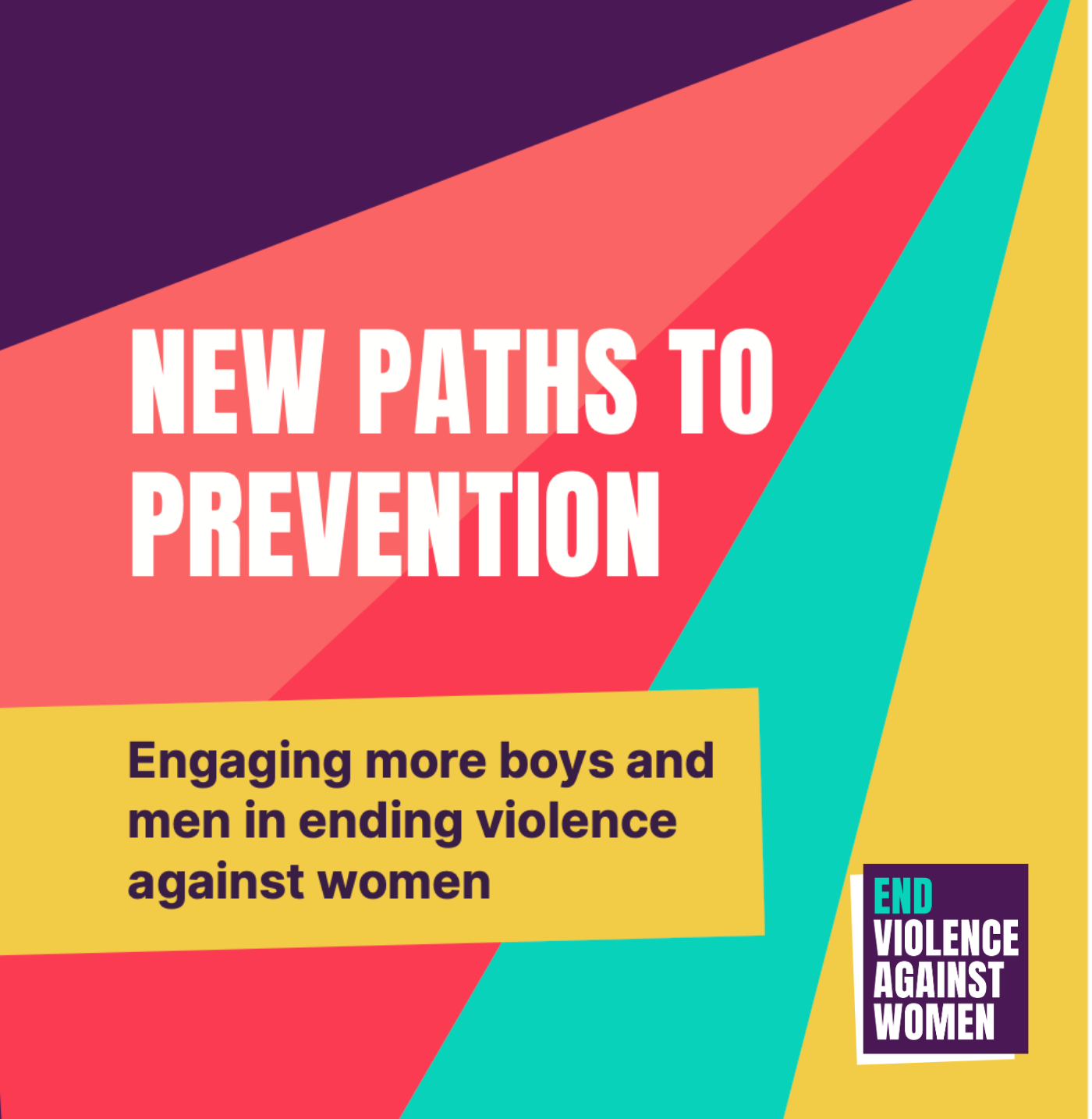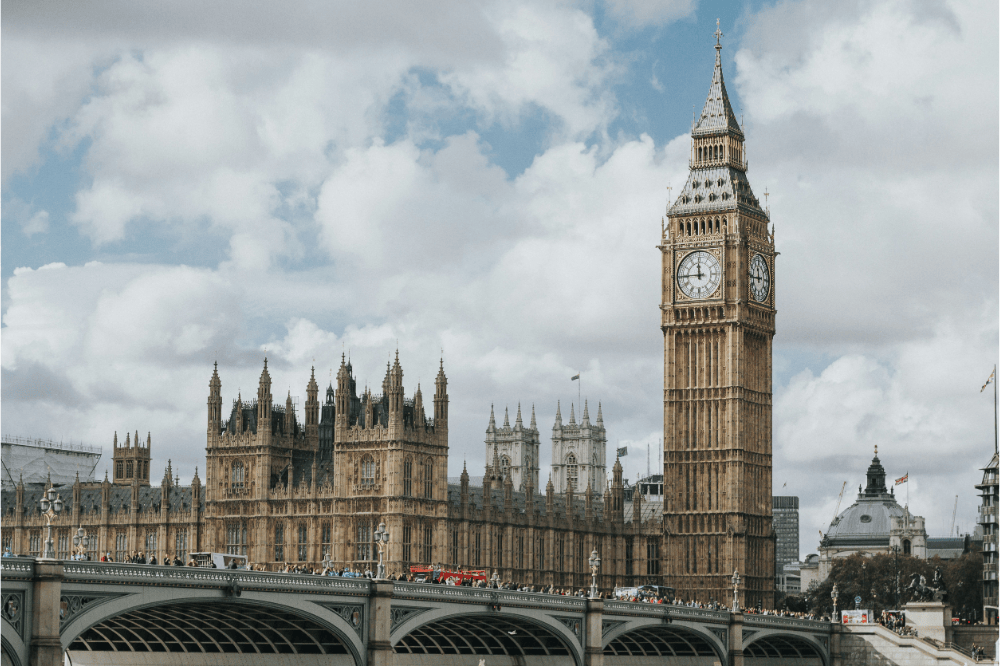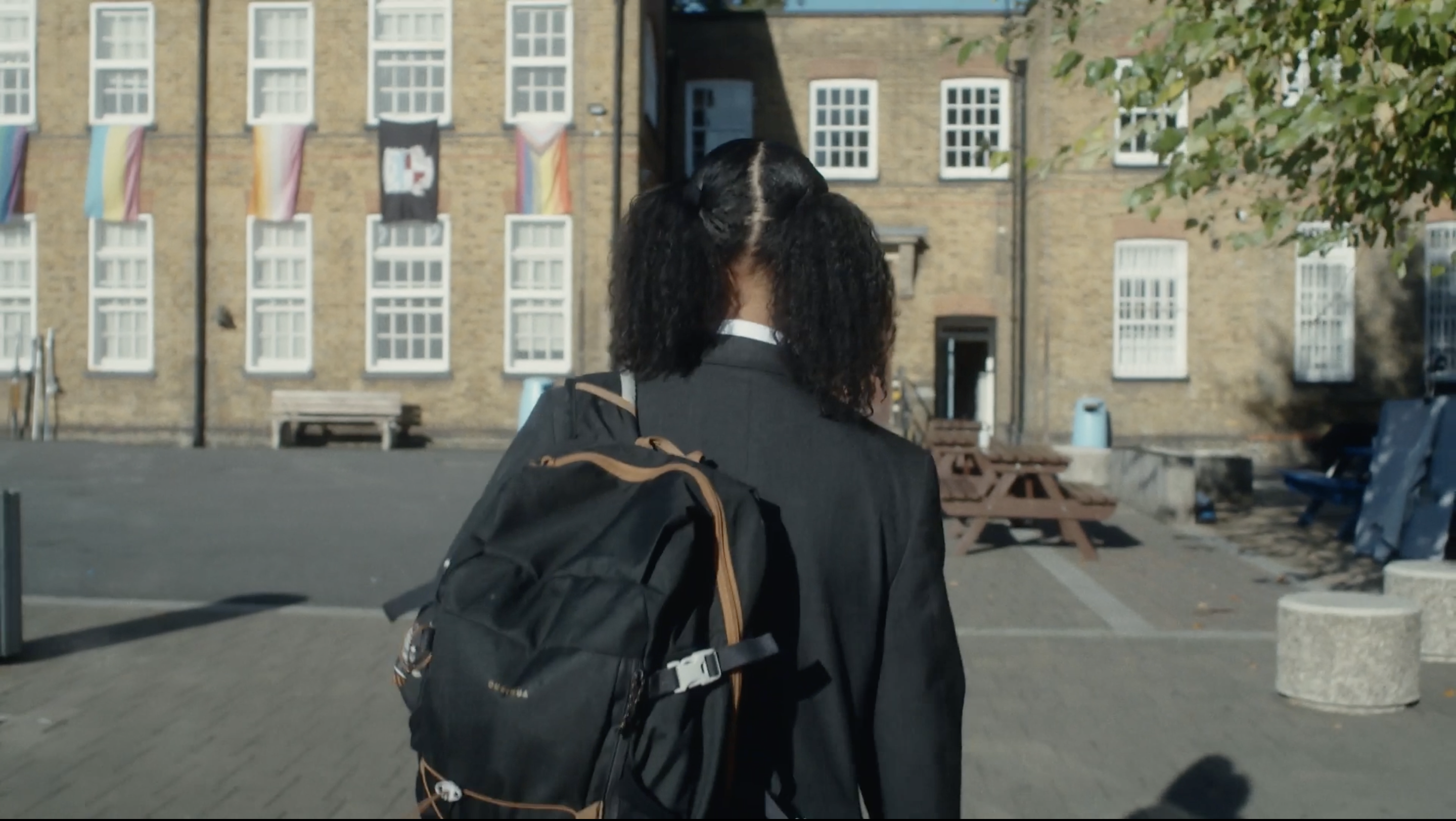 14 Jul
14 Jul
A new survey of young people has found that gaps in schools’ education are driving them towards porn and social media for information about sex and relationships.
Released yesterday (11th April 2024), the Sex Education Forum’s survey found:
- Less than half of students said they learn enough about key issues like how to access local sexual health services (49%), power imbalances in relationships (47%), and pornography (45%).
- As a result, they’re turning to online sources to learn more. Social media (30%) is ahead of school (25%) as the main source of information about sexual orientation and gender identity.
- 22% report their main source of information about porn is social media and websites, and another 15% claim their main source of information about porn is porn itself.
- 57% of young people called on the government to improve teacher confidence in delivery of relationships, sex and health education (RSHE), while 52% called for flexibility for schools to cover topics at the age that their students need them.
- 56% of students agree that RSHE beyond 16 years old would be beneficial to their development and wellbeing, and 39% of respondents think it would have been better if RSHE had started earlier in their life.
RSHE needs to stay one step ahead of the internet
With such gaps in this vital education, it is no surprise that young people are turning to other sources for information about relationships and sex.
Young people are among those most affected by the blurring of our online and offline lives. This leaves them exposed to the avalanche of online misogyny growing in prevalence and popularity across all corners of the internet.
Boys and young men are being influenced by misogynistic influencers like Andrew Tate, with girls and young women shouldering the consequences of an ideology that promotes violence against them. This is contributing to a worrying regression in young people’s understanding of and attitudes towards sexual violence.
In addition, mainstream porn online depicts increasingly violent acts as ‘sex’, leaving many young people without a warped reference point of what normal, healthy, consensual sex looks like.
It’s clear that in this context, young people must be supported to discuss the harm they are exposed to. Despite this, only 56% said they had enough opportunity to ask questions and get answers in RSHE.
The government recently announced a review of RSHE guidance, driving fears that these conversations may be restricted and shut down; narrowing the scope of this education. The End Violence Against Women Coalition is concerned that the timing of the review is reacting to contested claims that inappropriate content is being taught, as well as rooted in anti-LGBT+ rhetoric.
RSHE must support students to explore the impact of inequality
The Sex Education Forum survey found a number of key areas that young people agree should be included in primary school RSHE. These are consent (81%), the harms of pornography (73%), questioning and challenging stereotypical ideas about how girls and boys should behave (69%), examples of same-sex relationships (56%), and learning what trans and non-binary mean (53%).
It also found that not all young people feel included in RSHE lessons. Just 29% of lesbian, gay, bisexual, queer and questioning students feel included in the education they receive, compared to 43% of students overall.
Lesbian, gay, bisexual, queer and questioning students also report less satisfaction with RSHE when compared to their counterparts. For instance, only 36% say they learned enough about accessing sexual health services – thirteen percentage points lower than the average across all students (49%).
Rebecca Hitchen, Head of Policy & Campaigns at the End Violence Against Women Coalition (EVAW), said:
“Quality RSHE is the cornerstone of work to prevent violence against women and girls. By investing in this vital education, the government can free future generations from gender-based violence. If it continues with business as usual, it will only fail another generation.
Young people know what they need from their education in order to have safe, healthy relationships based on consent and equality. They are calling for more inclusive and expansive RSHE, for it to start at a younger age, and for better support for teachers to deliver it. We urge the Department for Education to listen to them and use the upcoming RSHE review to strengthen and prioritise this vital education.”
ENDS
Recommended ARTICLES
 14 Jul
14 Jul
 11 Jul
11 Jul
 09 Jul
09 Jul

